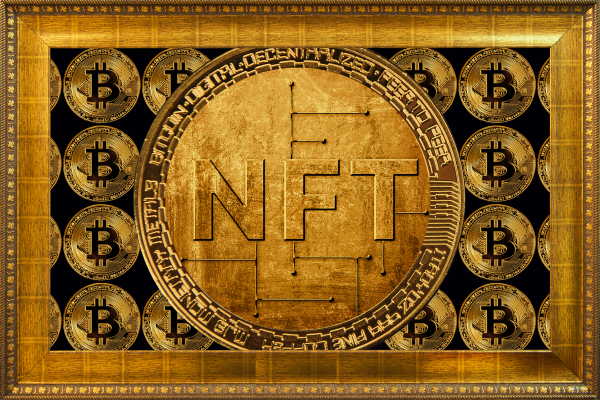
- Virtually every single asset was hammered this week as there appears to be something bearish for everyone.
- Portfolio diversification ultimately proves futile as stocks, bonds, gold and oil all sink at the end of a horrendous week.
Forget your typical 60/40 stock and bond mix, against a sea of troubles, investors are increasingly finding that they have nowhere to hide and no asset to rely on to bolster battered portfolios.
In a week that most investors would rather forget, both growth and value stocks were hammered – growth as yields soared and on the prospect of higher interest rates, while value on the possibility that excessive policy tightening could tip the economy into recession.
The poster child for growth, the ARK Innovation ETF lost around 11% this week alone, while a basket of Goldman Sachs long-duration (value) stocks has shed around 10%.
And investors hoping that the bonds might otherwise add some ballast to their upending portfolios found that short-dated U.S. Treasuries, those most sensitive to rate hike expectations, faced a brutal selloff, with yields soaring to 2.78%, their highest since the Fed last threatened to tighten at the end of 2018.
Even commodities were not spared, with both gold and oil sinking – oil on the possibility that China’s pandemic lockdowns would put a lid on demand, and gold because yields are soaring.
Industrial metals saw their gains moderate as well as the global economy looks increasingly at risk of recession.
Meanwhile, the dollar gained against every other major industrialized currency, demonstrating just how jittery investors are right now – they believe their money is safer in their mattresses.
So, should investors just hide under the covers?
Given how uncertain the outlook is right now, it’s hard to be in a buying mood and given how quickly markets can snap back, it would be a brave (or foolish) soul who would short the market.
Instead of reacting to present circumstances, investors ought to take a long-term view on where the global economy is headed next and what the likely beneficiaries of the post-inflation-invasion economy looks like.
Will the world turn its back on globalization as it has in so many periods in history? Possibly, but more likely is that the world will become increasingly polarized around two centers, and as history has shown, liberal democracies tend to prevail once they’re awaken from their slumber.
Several sectors look like they could do well regardless of what happens next because the world looks a lot more uncertain than it did just two years ago and that was even when we had to face off with an invisible enemy that was killing us.
Of those sectors, defense contractors which have been slumbering for decades look set to make some solid profits as more countries pledge to splash cash on weapons, from Germany to Japan.
Chipmakers will become strategic assets, so expect them to become more monopolistic, and the electrification of vehicles will proceed in earnest to wean the world off carbon-based fossil fuels that allow authoritarian governments to hold the rest of the world ransom.



